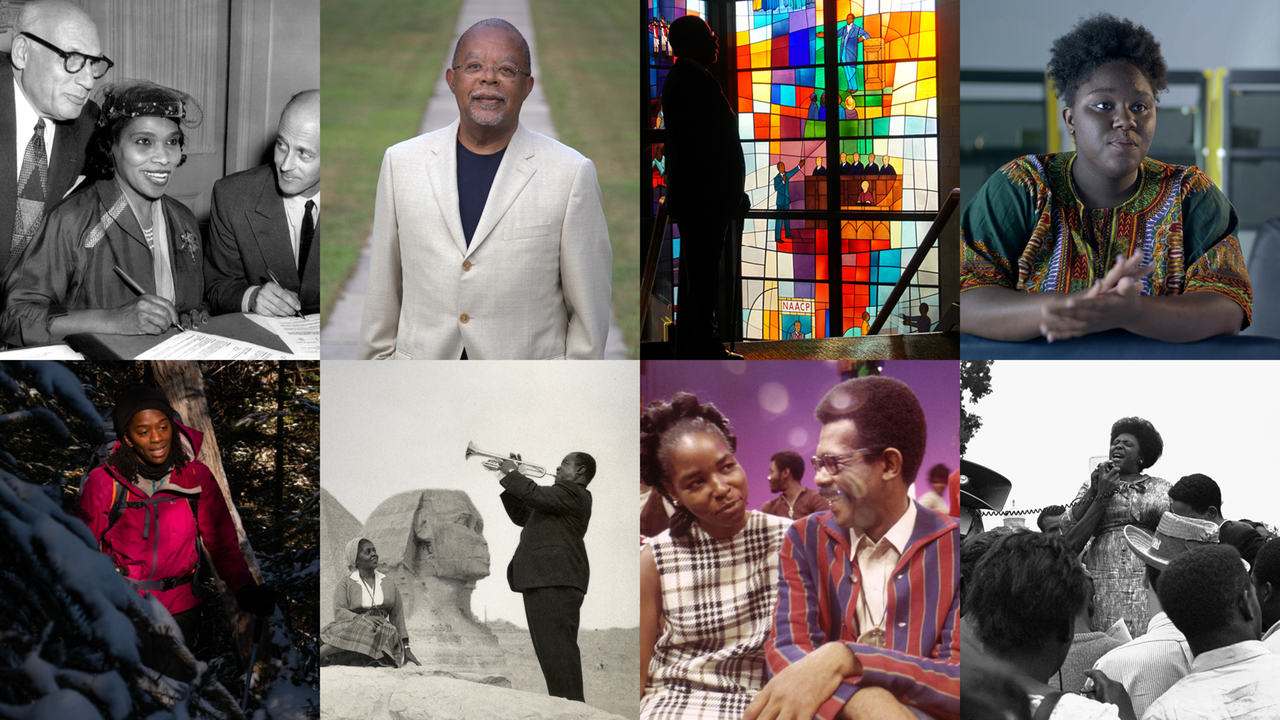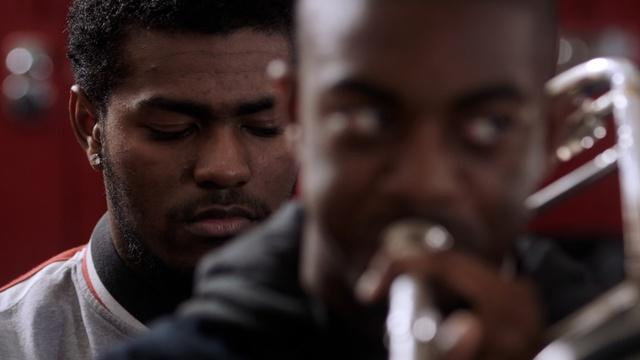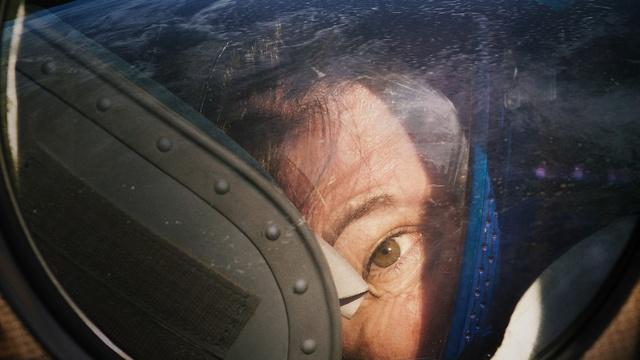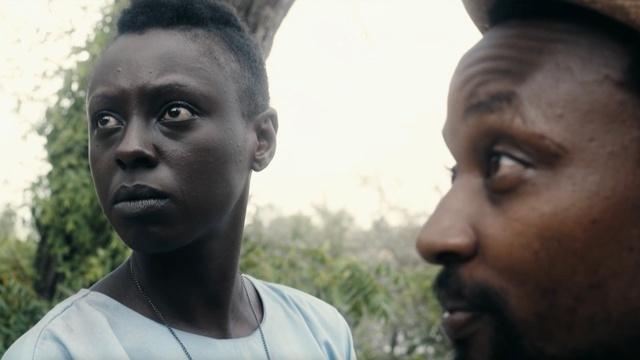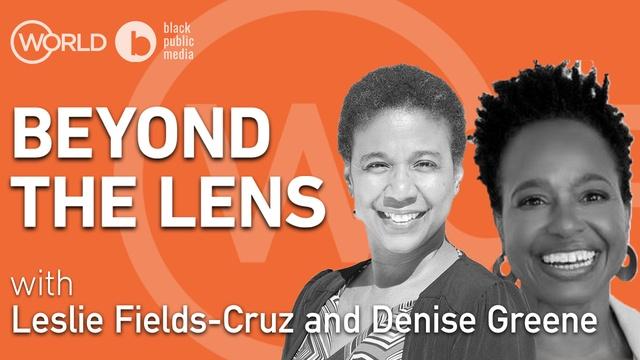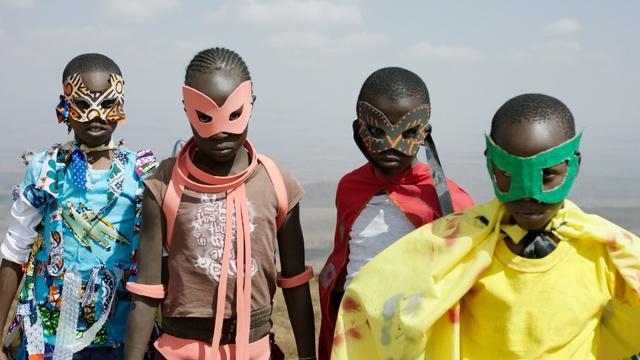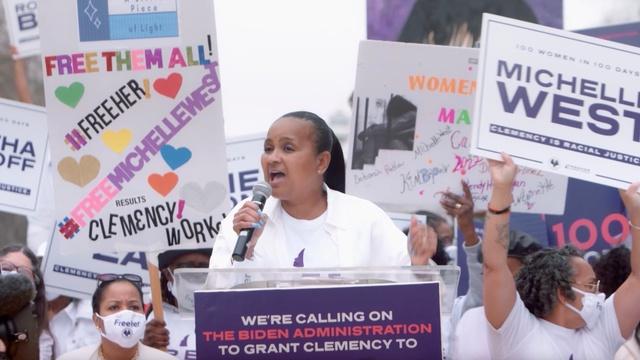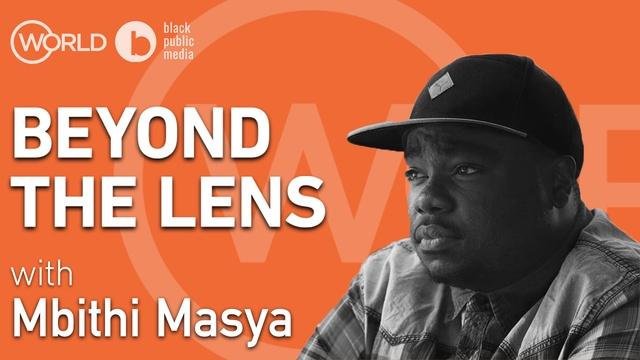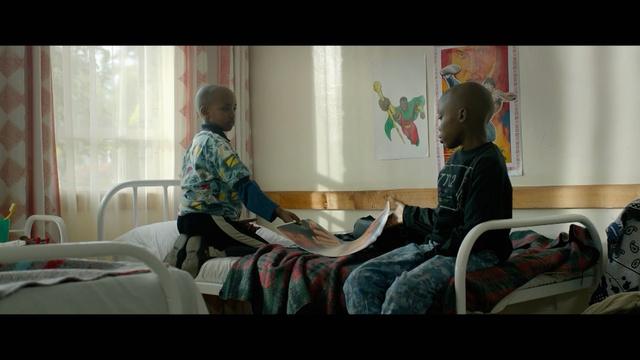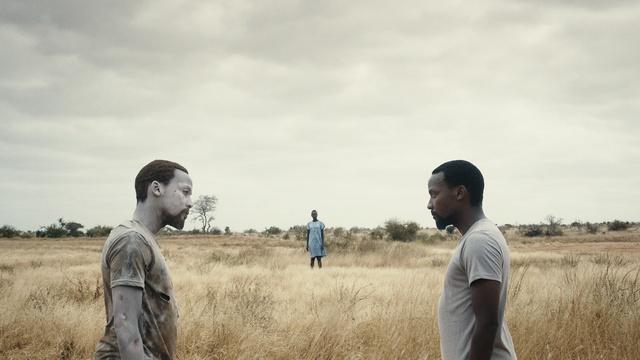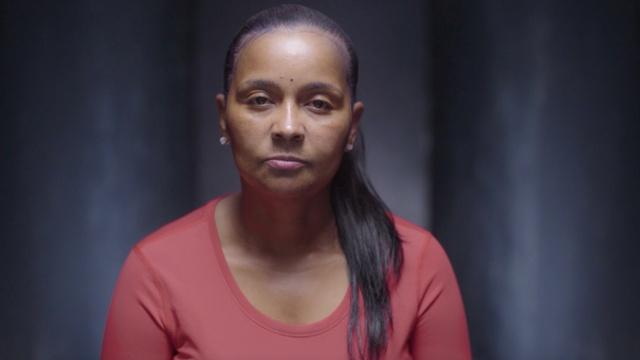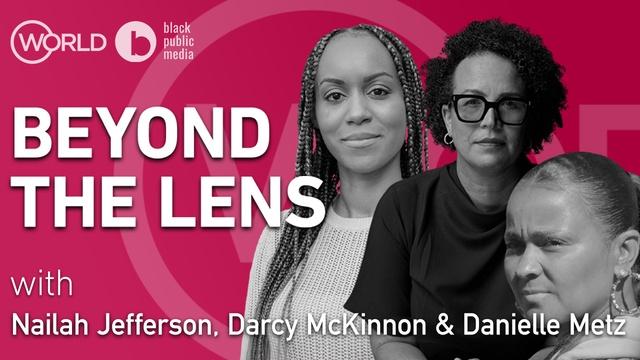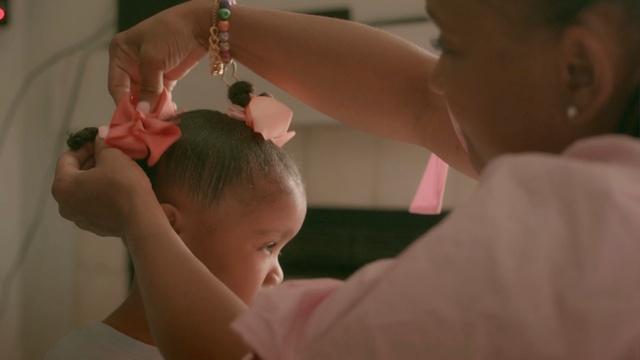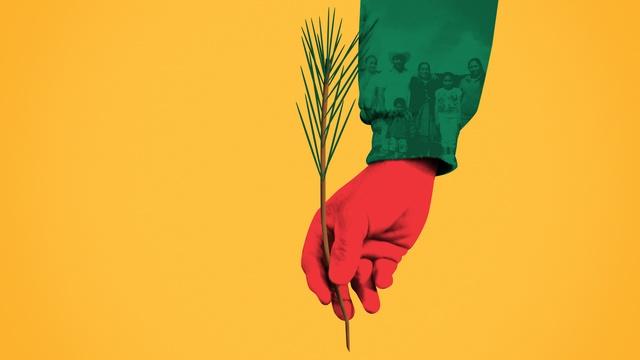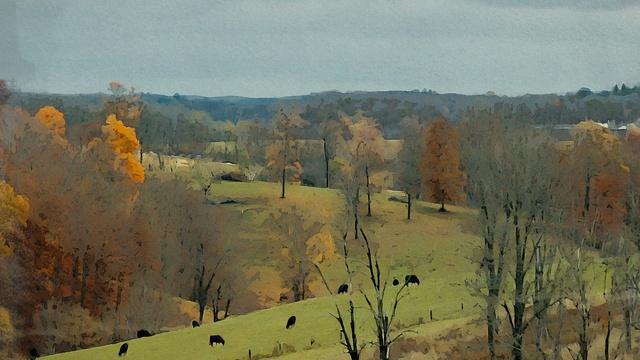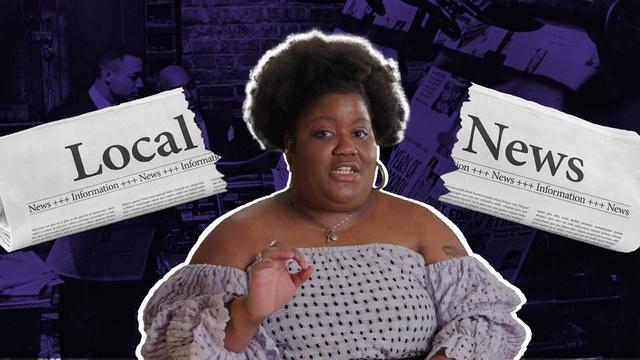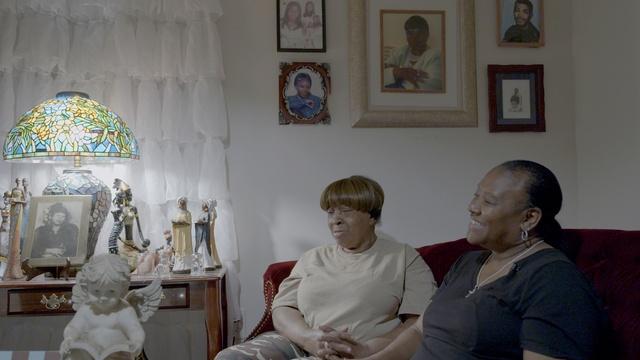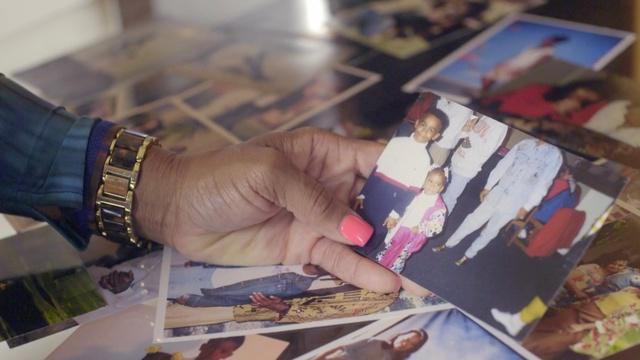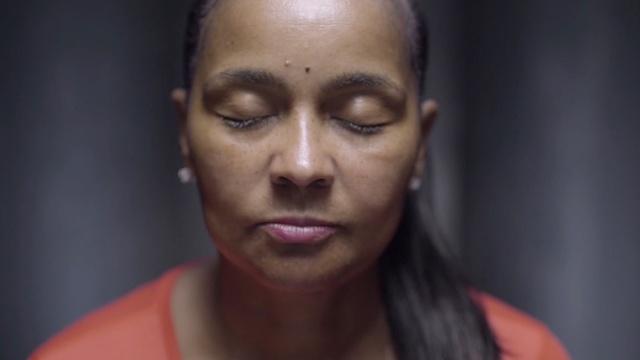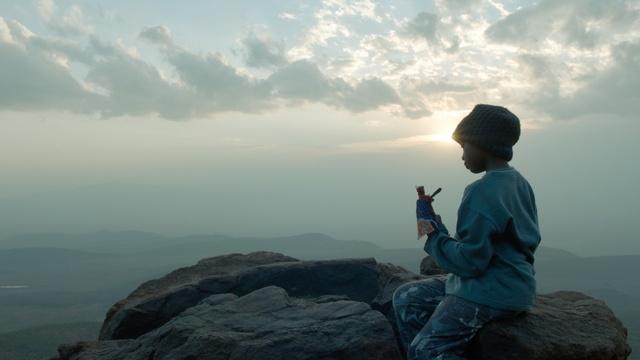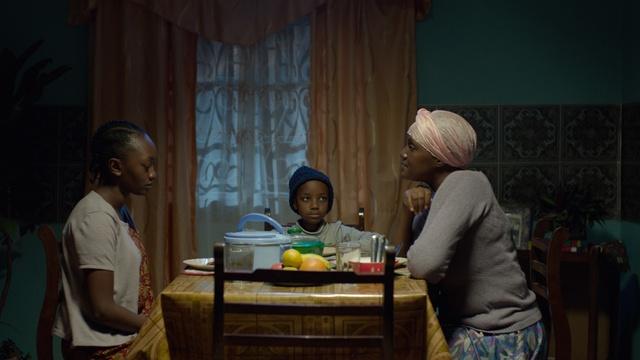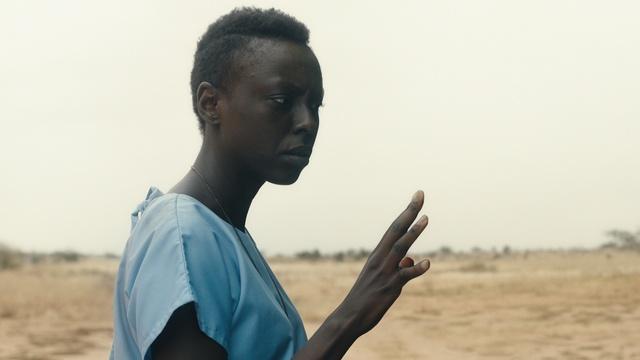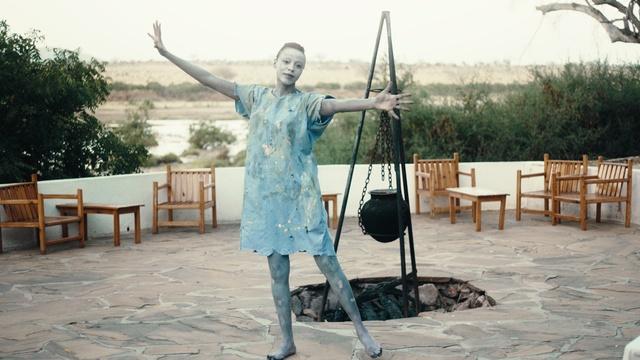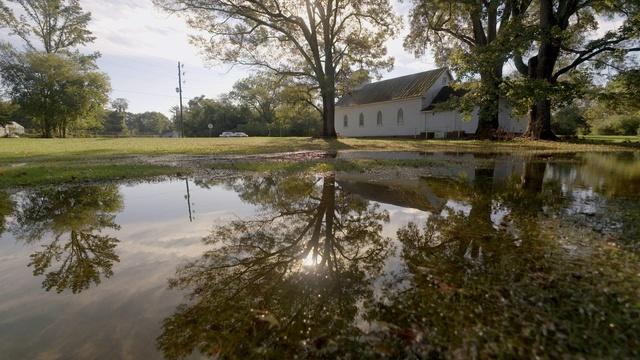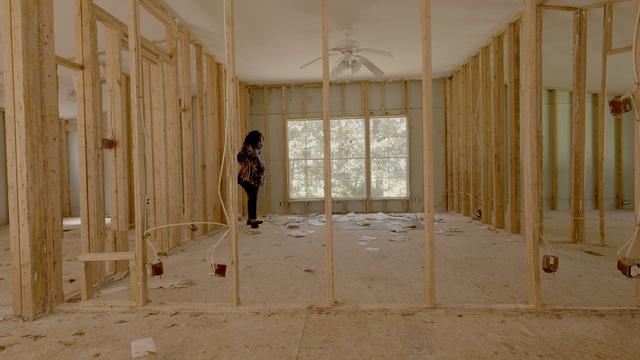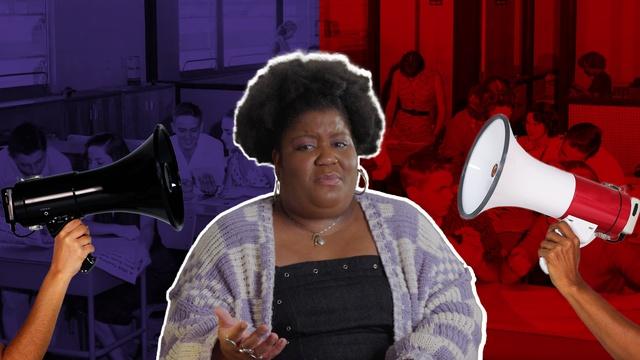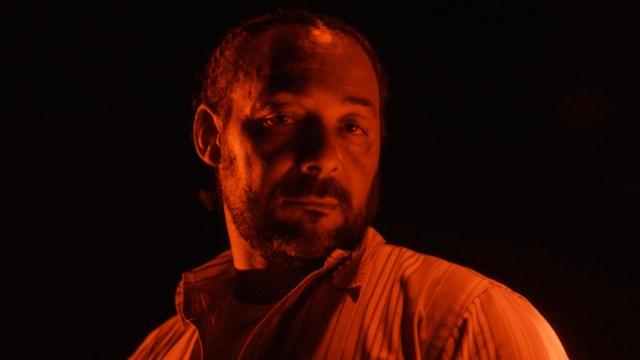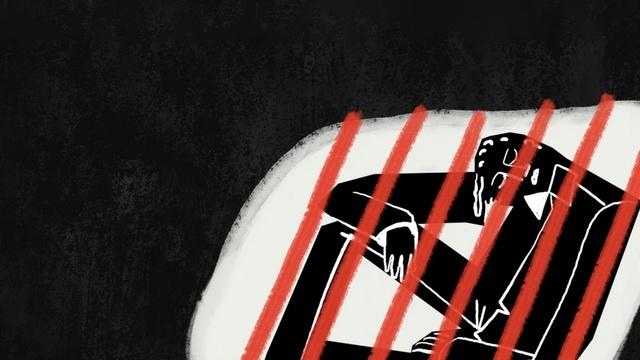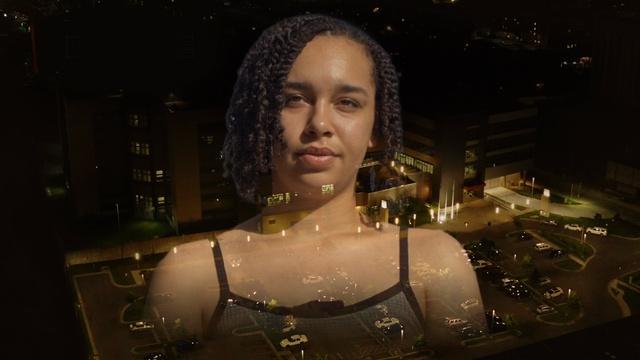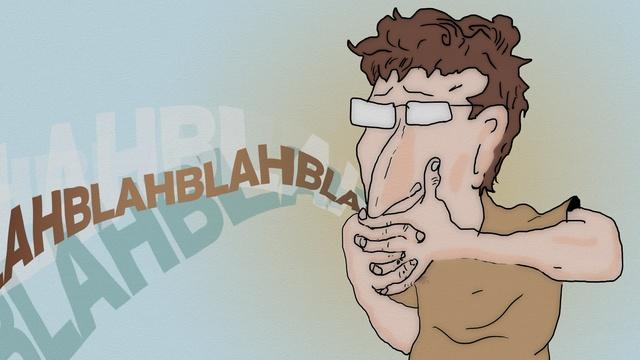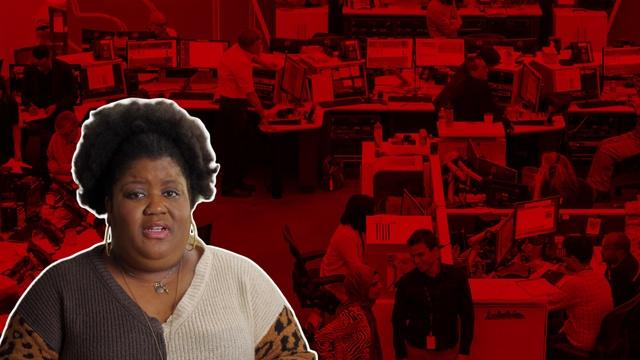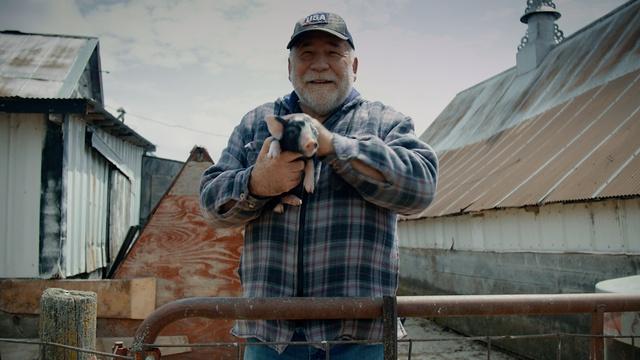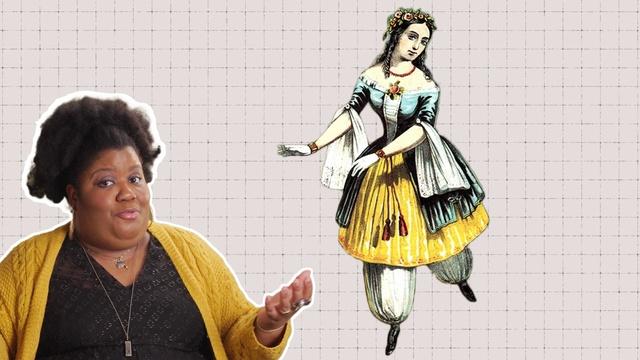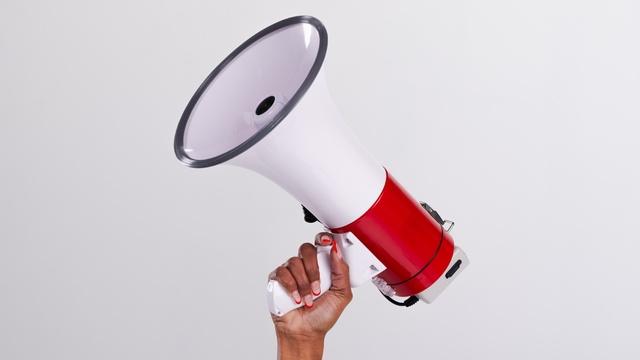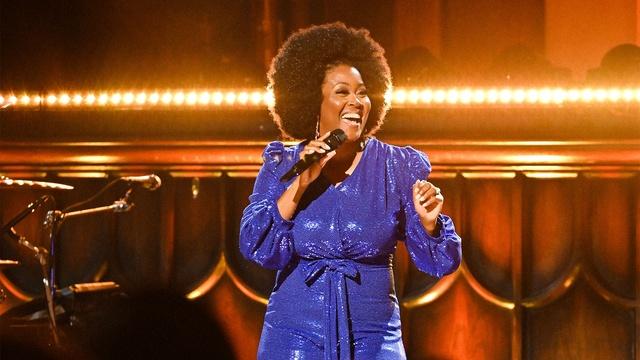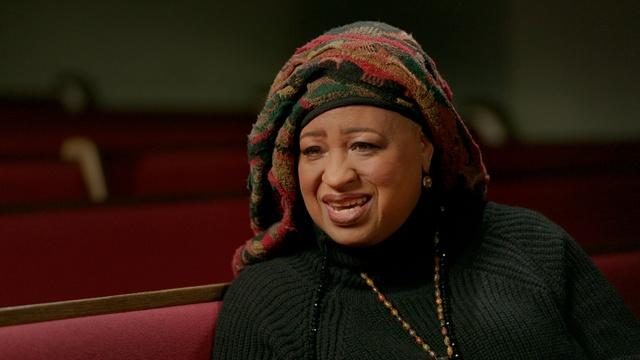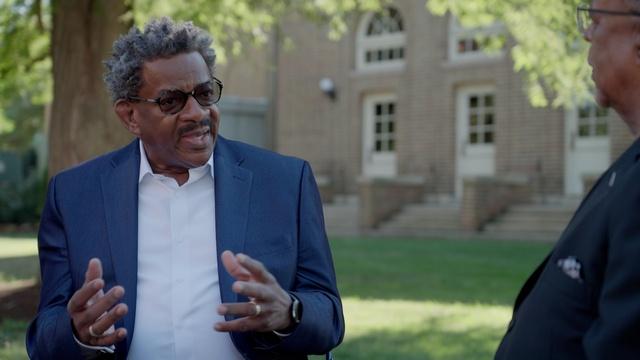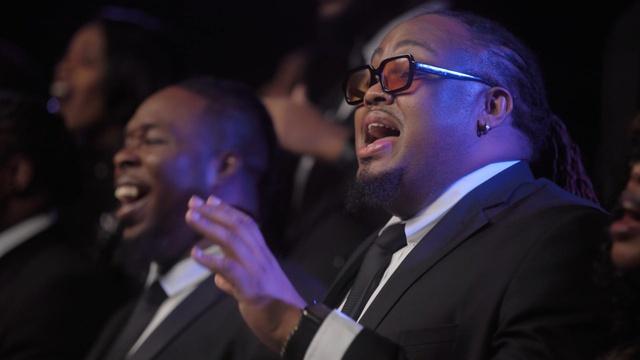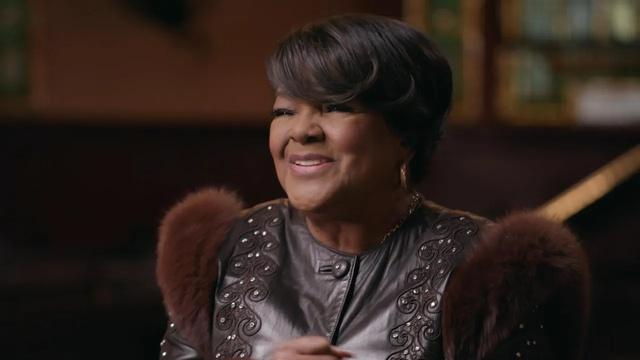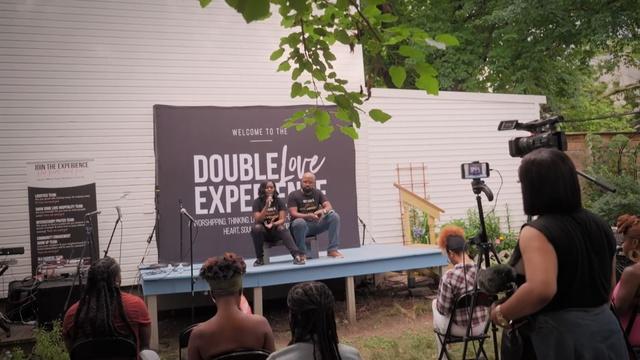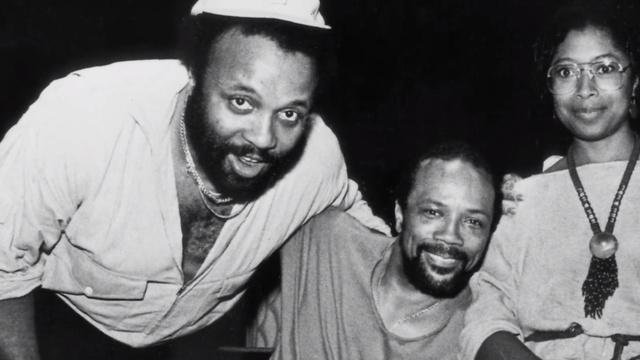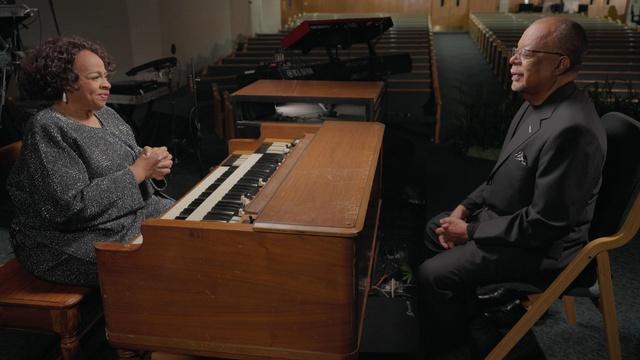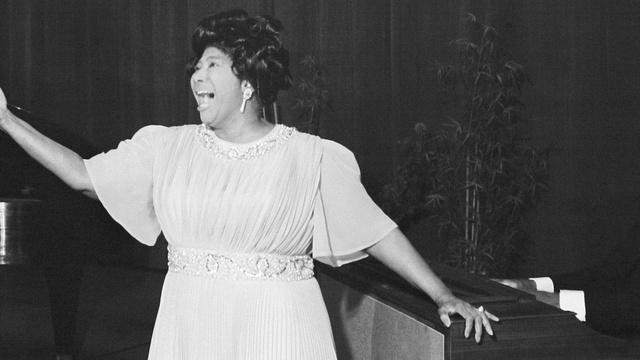Celebrating Black History Month on NHPBS
February 2021
As we celebrate Black history month, New Hampshire PBS is proud to share stories that explore and honor Black lives. Below is a list of some of the programs you’ll find on New Hampshire PBS and we hope you’ll explore PBS' Black history month collection of videos.
- Africa with Ade Adepitan
- Africa’s Greatest Civilizations
- American Experience: Goin' Back to T-Town
- American Experience: Voice of Freedom
- Anisfield-Wolf Book Awards
- Black Ballerina
- Boss: The Black Experience in Business
- CodeSwitching: Race and Identity in the Suburban Schoolhouse
- Dream Land: Little Rock’s West 9th Street
- Driving While Black: Race, Space and Mobility in America
- Fannie Lou Hammer – Stand Up
- In their Own Words
- Independent Lens: Mr. Soul
- Justice In Chester
- Leah Chase: The Queen of Creole Cuisine
- Lorraine Hansberry: American Masters
- Marching Forward
- Mr. Civil Rights: Thurgood Marshall and the NAACP
- PBS Kids Talk About: Race and Racism
- Queen of Swing
- Reconstruction: America After the Civil War
- Sammy Davis, Jr.: American Masters
- Talking Black in America
- The Black Church
- The Jazz Ambassadors
- The Power of We: A Sesame Street Special
- We Knew What We Had: The Greatest Jazz Story Never Told
- Windows to the Wild: Winter in the White Mountains *LOCAL SHOW
Return to the
Real Talk
Main Page
Watch Online
Watch Space: The Longest Goodbye with PBS Passport
Get early access with PBS Passport.
TV Schedule
-
journeys in japan
Journeys In Japan
Sunday, 4/21 at 10:30 A.M. on CREATE -
cushioning covid with comedy: the philippines
Asia Insight
Tuesday, 4/23 at 6:30 A.M. on WORLD -
one with the whale
Independent Lens
Tuesday, 4/23 at 10:00 P.M. on NHPBS -
ferguson rises
Independent Lens
Wednesday, 4/24 at 2:00 P.M. on WORLD
Trailer | The Tuba Thieves
The role and meaning of sound is explored in an unconventional documentary experience.
Space: The Longest Goodbye
NASA psychologists prepare astronauts for the extreme isolation of a Mars mission.
Supa Modo | Sisters
A young woman makes plans to give her sister, who is dying, the best days of her life.
Matter of Mind: My Parkinson's
Three people navigate their lives with determination in the face of Parkinson's disease.
Kati Kati | In The Afterlife
After death, where do you go? The afterlife. But it's complicated especially in Kati Kati.
Beyond the Lens: AfroPoP | Leslie Fields-Cruz and Denise Green
A conversation with Black Public Media's Leslie Fields-Cruz and Denise Green.
Supa Modo
Jo, a witty 9-year-old terminally ill girl, dreams of being a superhero in her village.
Commuted | Free Her
Danielle Metz speaks at a Free Her campaign, calling for clemency of incarcerated women.
Beyond the Lens: Kati Kati | Mbithi Masya
A conversation with KATI KATI's Mbithi Masya.
Supa Modo | Superpowers
If you had one superpower, what would it be?
Kati Kati
A woman discovers a place inhabited by the souls of dead people waiting for redemption.
Commuted | Danielle Metz
Danielle Metz, a mother of two, tells her story of incarceration and separation.
Beyond the Lens: Commuted | Nailah Jefferson, Darcy McKinnon and Danielle Metz
A conversation with COMMUTED's Nailah Jefferson, Darcy McKinnon and Danielle Metz.
Trailer | Space: The Longest Goodbye
NASA psychologists prepare astronauts for the extreme isolation of a Mars mission.
Commuted
After Danielle Metz's commutation, she gets a rare chance to regain her life and family.
A Thousand Pines
A crew of 12 Mexican tree planters travel the United States regrowing America's forests.
Greener Pastures
Midwestern families deal with unseen mental health issues affecting farmers in America.
Trailer | One With the Whale
An Alaska Native family faces backlash from environmentalists due to whale hunting.
RIP Local News
What are the challenges facing local journalists?
Trailer | A Thousand Pines
Meet the Mexican guest workers who leave their families to plant trees across America.
AfroPoP: Season 16 | Trailer
Documentary and narrative films about the global Black experience.
Commuted | Preview
After Danielle Metz's commutation, she gets a rare chance to regain her life and family.
Commuted | Trailer
After Danielle Metz's commutation, she gets a rare chance to regain her life and family.
Supa Modo | Preview
Jo, a witty 9-year-old terminally ill girl, dreams of being a superhero in her village.
Supa Modo | Trailer
Jo, a witty 9-year-old terminally ill girl, dreams of being a superhero in her village.
Kati Kati | Preview
A woman discovers a place inhabited by the souls of dead people waiting for redemption.
Kati Kati | Trailer
A woman discovers a place inhabited by the souls of dead people waiting for redemption.
Freedom Hill | Preview
Princeville, NC, once the all Black town of 'Freedom Hill,' faces flooding and erosion.
Freedom Hill | Trailer
Princeville, NC, once the all Black town of 'Freedom Hill,' faces flooding and erosion.
Spring Season Trailer 2024 | Coming to Independent Lens
Watch Independent Lens on the PBS App.
How Did Opinions Get In Our News?
It's not always easy to spot the difference between facts and opinion.
First Disappearances | holding bodies: a justice anthology
What's the first 24 hours after you're arrested like?
After Angola | holding bodies: a justice anthology
A support group for men who served time inside Louisiana's Angola State Pen.
D.A. Time | holding bodies: a justice anthology
A young woman feels pressure to plead guilty while kept waiting in jail for 60 days.
Trailer | Matter of Mind: My Parkinson's
Facing Parkinson's disease, three Americans navigate their lives with determination.
Has Journalism Always Been This Stressful?
A mental health crisis has taken shape in our newsrooms.
Trailer | Greener Pastures
Farmers persevere through climate change, industrialization, and mental health crises.
How Did This Women-Owned Newspaper Revolutionize Journalism?
How a women-led newsroom blazed a trail for women's rights.
Breaking The News
Women and LGBTQ+ journalists launch startup The 19th* to buck a broken news media system.
GOSPEL Live! Concert Finale
Lena Byrd Miles, Erica Campbell and other performers bring the Oasis Church to its feet.
Reverend C.L. Franklin Goes on the Record
Rev. Franklin recorded more than 70 albums of sermons
Rev. Dwight Andrews Discusses C.L. Franklin's Influence
Rev. Dwight Andrews discusses C.L. Franklin and what Black preaching is.
Gospel's Second Century
GOSPEL's hour 4 explores how gospel and preaching achieved platinum-selling success.
Shirley Caesar's Homage to Shoutin' John
Shirley Caesar's 1988 album Live in Chicago features the song "Hold My Mule."
Married Pastors Spread the Word to Brooklyn Millennials
How do you spread the gospel to young black millennials motivated by digital activism?
Andrae Crouch Becomes the Go-To Producer for Pop & Hollywood
Andre Crouch brought the gospel sound to the music of Michael Jackson and Madonna.
Twinkie Clark Shows Why the Clark Sisters are Gospel Legends
Twinkie Clark performs two of her gospel compositions for Henry Louis Gates, Jr.
Mahalia Provides the Soundtrack to the Civil Rights Movement
The legendary Mahalia Jackson provided the soundtrack for the Civil Rights Movement.
